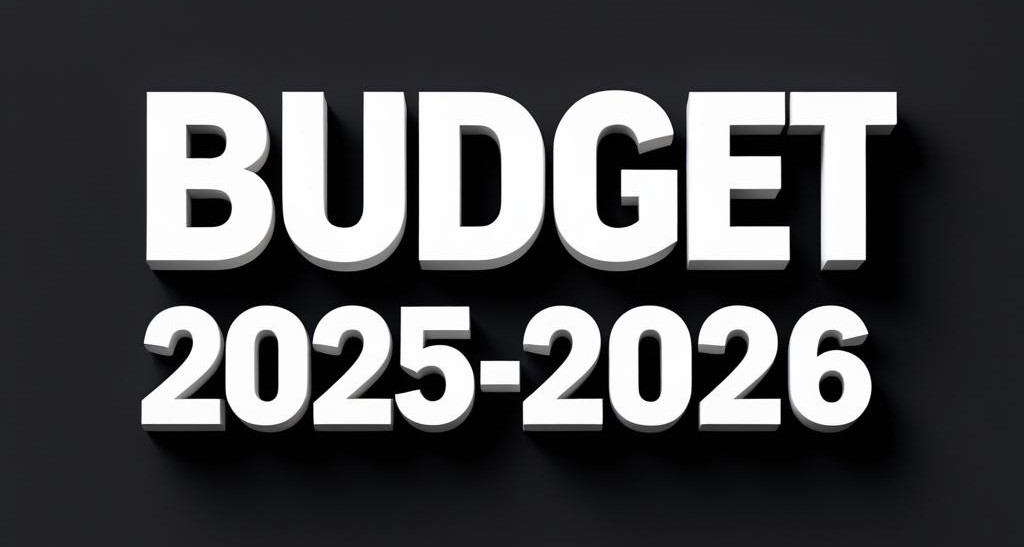It is a budget for the people, states Westpac Senior Economist, Shamal Chand in their assessment of the 2025-2026 national budget.
Mr Chand added as an expansionary budget, it is expected to positively impact economic growth in the short term due to higher allocation towards operational expenditure.
“However, no significant shift in capital expenditure component raises questions about the long-term growth potential,” he said.
“Tax and duty cuts may help ease inflation but rising global fuel prices and ongoing supply-chain disruptions as driven by conflicts in the Middle East, Ukraine, and US-led trade tensions could offset these gains.”
“While the cost-of-living measures are essential to protect vunerable Fijians struggling in a high inflation environment, targeted expenditure assistance should have been opted for instead of reducing VAT rate.”
“The reduction in duties to support trade liberalisation is a commendable move.”
“However, frequent changes to VAT rates can create inefficiencies, increase the risk of abuse, and impose additional monitoring costs.”
“Lowering the VAT rate will also increase the burden on households via increasing pressure to raise income taxes to offset the cuts to VAT while higher corporate taxes will act as a disinsentive to investment, a key driver of economic growth and rising productivity.”



